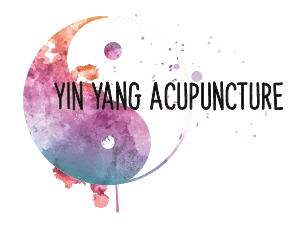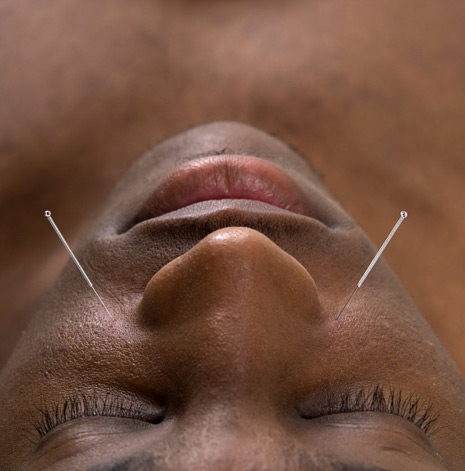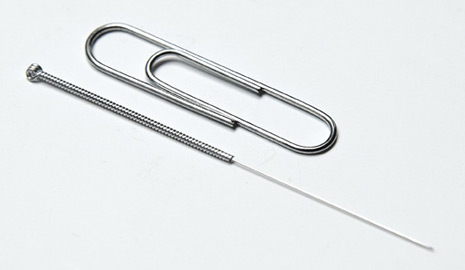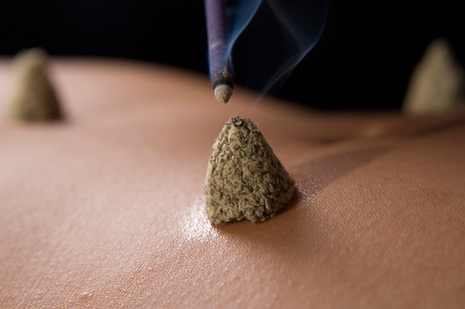What is traditional acupuncture?
Good health is not just the absence of pain or disease. Traditional acupuncture works to maintain the body’s equilibrium by focusing on all aspects of wellbeing; physical, mental, emotional.
According to traditional Chinese philosophy, our health is dependent on the body’s motivating energy moving in a smooth and balanced way through a series of channels beneath the skin. This energy is known as qi.
The flow of qi can be disturbed by any number of factors. These include emotional states such as anxiety, anger, or grief, as well as poor nutrition, hereditary factors, infections, and trauma. When the qi is unbalanced, illness may result.
The acupuncturist inserts ultra fine needles at chosen points along the channels of energy. The aim is to stimulate the body’s own healing response and restore its natural balance.
Treatment is aimed at the root of your condition, as well as your symptoms. This approach can lead to a more permanent resolution of your problems.
Who has acupuncture?
Many people come to acupuncture for help with specific symptoms or conditions, and some because they simply feel generally unwell. Others choose acupuncture to enhance their feeling of wellbeing. Acupuncture is considered suitable for all ages, including babies and children. It can also be used alongside conventional medicine.
To find out whether acupuncture may help you, please get in touch.
What is Acupressure?
Acupressure is a traditional Chinese medicine technique derived from acupuncture that uses pressure from the fingers and hands to improve the flow of qi. I can offer this complementary to acupuncture depending on the treatment required. Acupressure is especially good to use during labour and also can be used in preparation for childbirth. I offer sessions for couples/mother and birth companion to learn specific acupressure points for pain relief and support during labour.
What happens when I go for treatment?
You will be asked about your current symptoms, what treatment you have received, your medical history, your diet, digestive system, sleeping patterns and emotional state. The acupuncturist is also likely to feel your pulses on both wrists, and may ask to look at your tongue. The acupuncture points used are not always close to the part of the body where you experience the problem. For example, although you might suffer from headaches, needles may be inserted in your foot or hand.
How many sessions will I need?
Frequency and length of treatment depends on your individual condition. Some change is usually felt after five treatments, although occasionally only one or two treatments are required. Some people may benefit from treatment over several months or long-term. Your acupuncturist will normally ask to see you once or twice a week at first.
Should my doctor know?
If you have been prescribed medication it makes sense to tell your doctor that you are planning to have acupuncture. You should always tell your acupuncturist about any medication you are taking as this may affect your response to the acupuncture treatment.
Is it safe?
Acupuncture has a very sound track record. The needles used are single-use, sterile and disposable. Responses to treatment can sometimes include tiredness or mild dizziness, and on occasion minor bruising may occur. However, all such reactions are short-lived.
What does it feel like?
Acupuncture needles are much finer than needles used for injections and blood tests. When the needle is inserted, the sensation is often described as a tingling or dull ache.
Why choose a Traditional, degree level qualified acupuncturist?
Acupuncture is an unregulated profession. Anyone can claim to be an acupuncturist or to do acupuncture. It is vital that you make sure your practitioner is fully qualified (to degree level or equivalent), insured, and registered with their local authority. There is a big difference between the treatment you would receive from a Traditional Acupuncturist compared to a practitioner who does “acupuncture” or dry needling. Traditional practitioners take a holistic view of each person and treat accordingly. Each treatment is tailored to that person, at that point in their life. Traditional Chinese medicine is a complete system of health, wellbeing, and how to treat disease. It is supported by many hundreds of years of practice, and much research showing it’s efficacy and safety.
There are a few different governing bodies for traditional acupuncturists in the UK. Each has different requirements for membership. Many aim to ensure the health and safety of the public. They do this by maintaining high standards of education, ethics, discipline and practice.
When you choose to visit Miriam, you can be sure that she:
- has completed a first degree level training in traditional acupuncture including appropriate elements of western medical sciences, or its equivalent
- abides by her governing body’s Code of Safe Practice and Code of Professional Conduct
- complies with current health and safety legislation
- is covered by full Professional Indemnity and Public/Products Liability insurance
- updates her practice skills by following an individual programme of continuing professional development.



